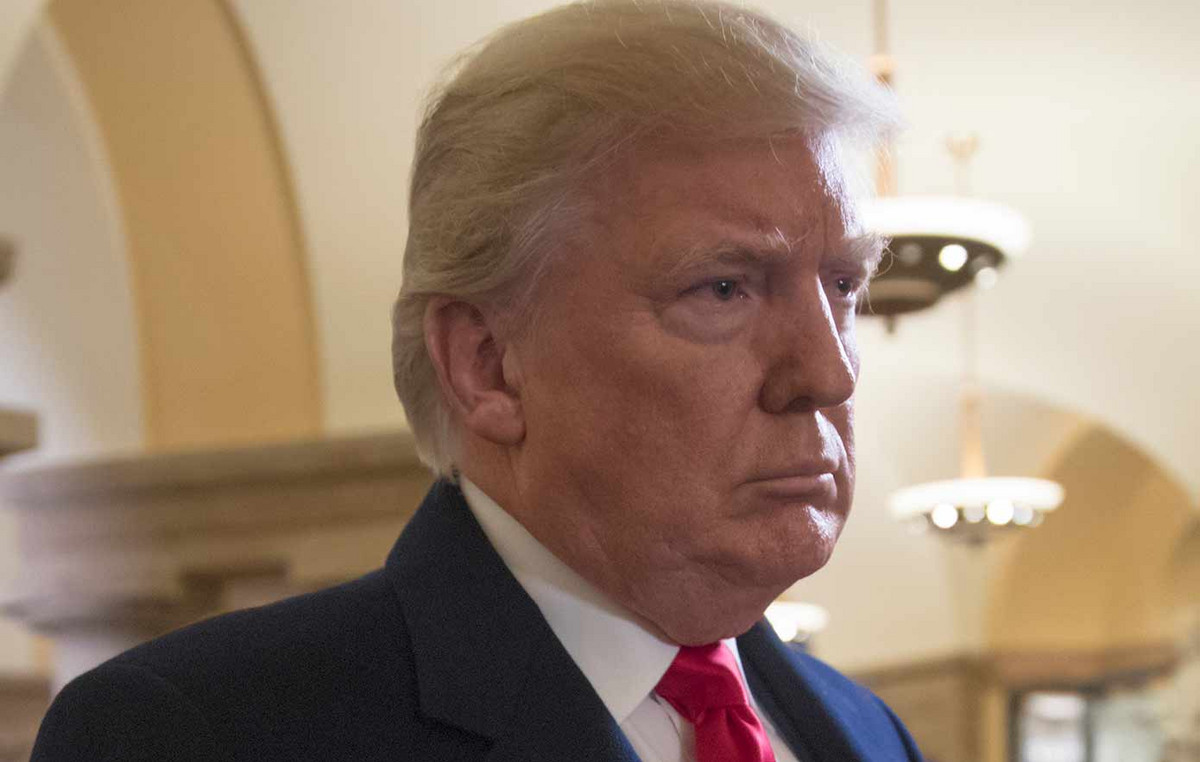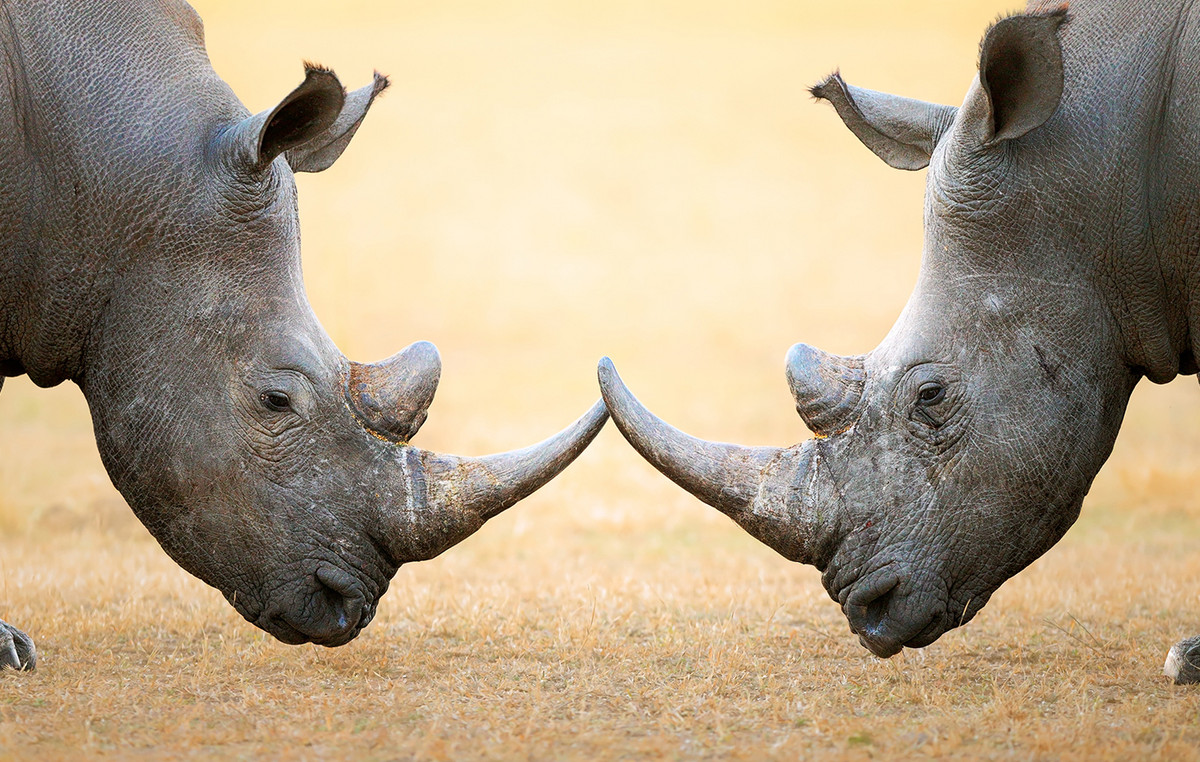The Spanish Council of Ministers approved this Thursday (17) the Animal Protection Law project, which makes Spaniards “more human”, according to the Minister of Social Rights.
According to the document, the sale of animals in stores is prohibited, in addition to making it mandatory to have a course to have a dog.
It is also established the possibility of applying prison sentences for mistreatment of animals, which can go up to 24 months in case of death of the animal, and up to 18 months if veterinary assistance is required.
Supervision and training for owners
The Spanish government does not want pets left unattended. For this reason, it is forbidden to leave any of them (cats; dogs; rabbits; ferrets;…) unattended for three consecutive days. For dogs, this period cannot exceed 24 hours.
In addition, pet owners must complete a course before adopting a dog, the content of which will be determined by the regulations.
The objective will be to facilitate the “responsible ownership of the animal”, something that often ends up not happening due to “lack of knowledge” on the part of the owner.
“It will be a small training that will help to know the responsibilities of having an animal and the civic norms for coexistence”, explained the government.
It will also be prohibited for any animal to remain on terraces, balconies, basements or vehicles. In the event of loss of the animal, the owner will have a maximum period of 48 hours to notify the authorities. Otherwise, this will be treated as abandonment, in a fine that can reach 100 thousand euros.
dangerous dogs
Another novelty changes the legal regime in relation to potentially dangerous animals and will include the carrying out of sociability studies that analyze the dog’s character and that may lead it to need a “special handling”.
animals in stores
From the moment the law goes into effect, there will only be fish for sale in pet stores. The legislation will ban the display and sale of companion animals in these spaces, in an attempt to avoid an “impulse” purchase.
According to the law, “the transmission of animals, whether for a fee or free of charge, can only occur directly from the person responsible for the offspring, or through an Animal Protection Entity, without the intervention of intermediaries”.
registered animals
“Zero abandonment” is the objective of this point. By making pet registration mandatory, the current number of unidentified animals will be reduced: around 50% in Spain.
To make this measure feasible, a State System of Animal Protection Registration was created, and a National Register of Persons who are criminally or administratively disqualified from having animals was also created.
zero sacrifice
There will be a point for abandoned animals to ensure they are not killed. “We have introduced a zero sacrifice law and, for that, we will adopt tools for zero abandonment as well”, assured the director general of Animal Rights, Sergio García Torres. In this way, the animals can only die in case of euthanasia justified under veterinary criteria.
Sterilization of animals
The mandatory sterilization in certain cases is one of the most controversial points of this legislation. To prevent the uncontrolled reproduction of companion animals, animals with access to the outside of the dwellings (such as cats, for example), must be spayed.
If within the same house there are more animals of the same species and of different genders, at least all members of one of the sexes must be sterilized.
allowed to enter
In general, pets will be welcome in public and private establishments, as well as hotels, beaches, restaurants or bars.
If this type of place does not allow the entry of animals, they must present a sign visible from the outside of the establishment.
fines of thousands
Fines of up to 600,000 euros are foreseen for very serious infractions, which include intentionally killing an animal or causing permanent damage, as well as unauthorized slaughter, hunting stray cats or training and using animals for fights.
Source: CNN Brasil
I’m James Harper, a highly experienced and accomplished news writer for World Stock Market. I have been writing in the Politics section of the website for over five years, providing readers with up-to-date and insightful information about current events in politics. My work is widely read and respected by many industry professionals as well as laymen.







